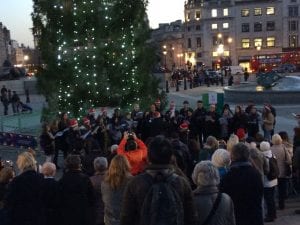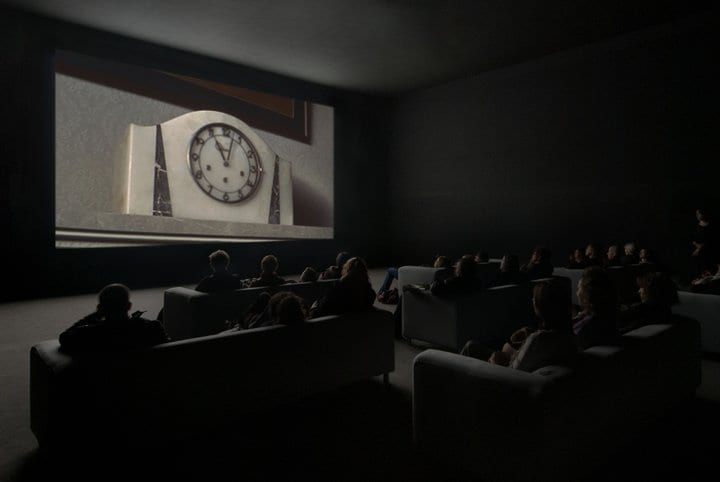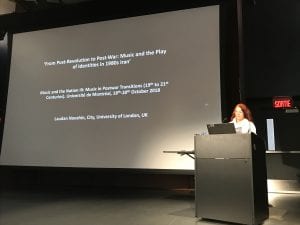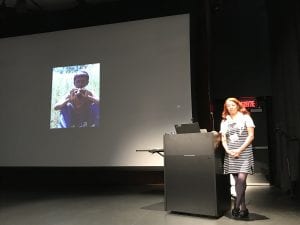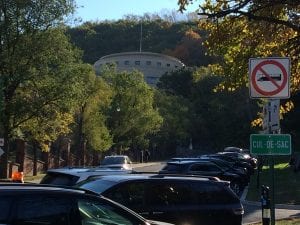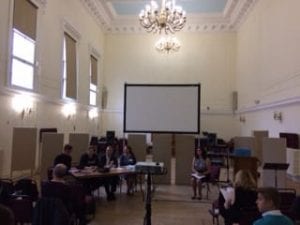We start our series of interviews with some of our amazing visiting staff in the Music Department with flute teacher Alena Walentin.
Alena, could you start by telling us something about your current performance projects?
I recently recorded my debut solo album and also a second album with my wind quintet Atéa. Both albums will be released later this year which I’m very much looking forward to! I will also will be recording with my chamber duo partner harpist Anne Denholm for a planned release next year. As well as recording, I have some masterclasses and performances coming up in Denmark, the USA and in the UK, including with Ian Pace at City! Right now, I’m in the middle of a tour of Wales with Mid-Wales Opera as part of the Ensemble Cymru playing Puccini’s Tosca. So some really exciting and enjoyable projects.
What is the highlight of your music teaching career so far?
I feel that each conservatoire and university I teach at is unique and each offers a different but wonderful experience. When I was a student I had no idea that such an important part of my career would be teaching, but now I teach and give masterclasses in so many amazing places and I absolutely love it. I feel very humble and honoured to be teaching at City as well as at the Guildhall School of Music and Drama, Junior Royal Academy of Music and Royal Birmingham Conservatoire as well as giving masterclasses in different countries. I think sharing one’s knowledge is so important and it’s a very special, incredibly happy feeling when you hear your students progress and see that they enjoy playing the instrument!
What were the most important things you learned from your own teachers?
It would be very hard to identify one single thing – they all together form one thing! Everything from intonation, the technical side of playing the instrument, posture, breathing, rhythm, dynamics etc are all incredibly vital to being able to express the composer’s intentions to its fullest. But if I had to pick the very most important thing, it would be the feeling that I’ve had from when I first started to play the instrument: that music always should come first, technique second. Instrumentalists, of course, need a flawless technique to be able to be professional, but the musical part should always take first place. When an audience member comes to a concert, they might not know much about the instrument and how hard certain passages or aspects of the playing might be. However, they feel the music! And if one can make them cry, laugh, smile from real enjoyment or bring back to them sacred memories – that is what it’s all about and is the reason why we learn the instrument. And that is why I always aspire to be a musician, an artist and not an instrumentalist. And I wish to all the students out there to remember why they love music so much and why they want to play the instrument.
Thank you very much for your time and good luck with your forthcoming tours!
You can find out more about Alena’s music at www.alenawalentin.com
Alena and Ian Pace (piano) will present a lunchtime recital on Friday 15th March 2019 at 1:10pm. Click here for details and to reserve free tickets. The programme will include music by York Bowen, Vitalli and Rachmaninoff.











